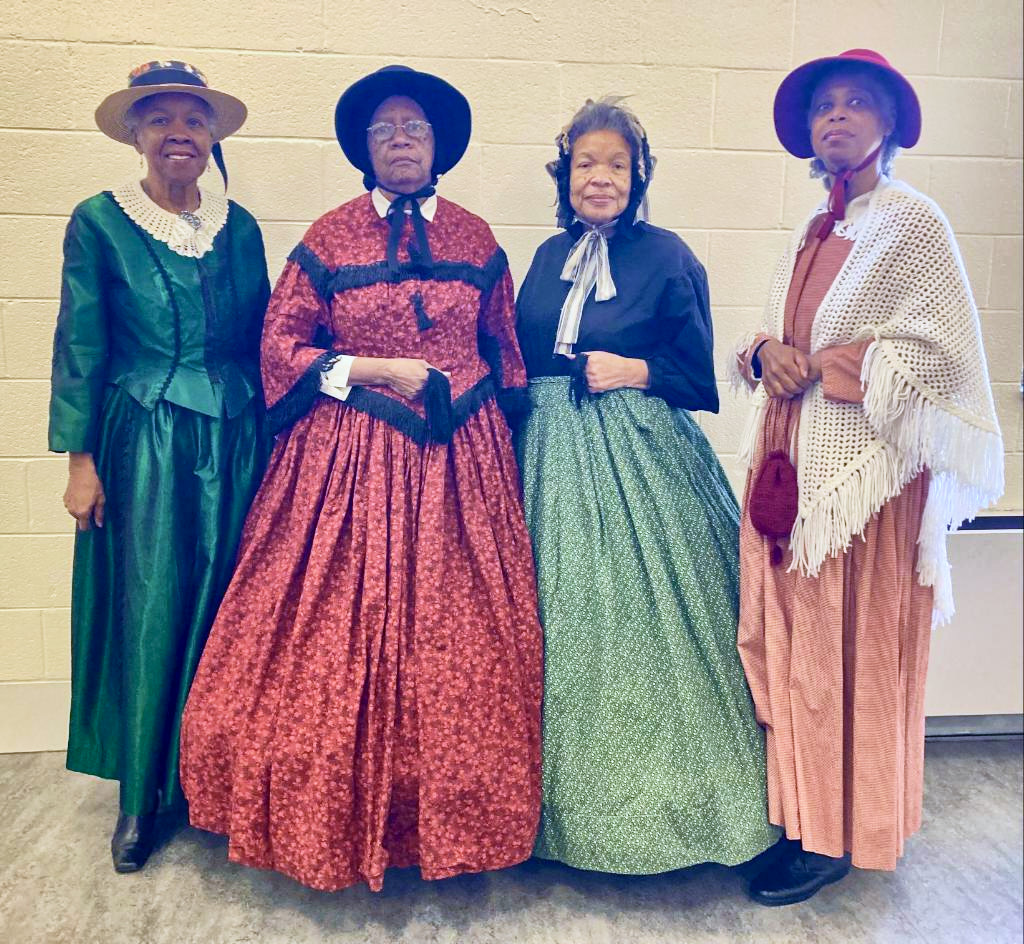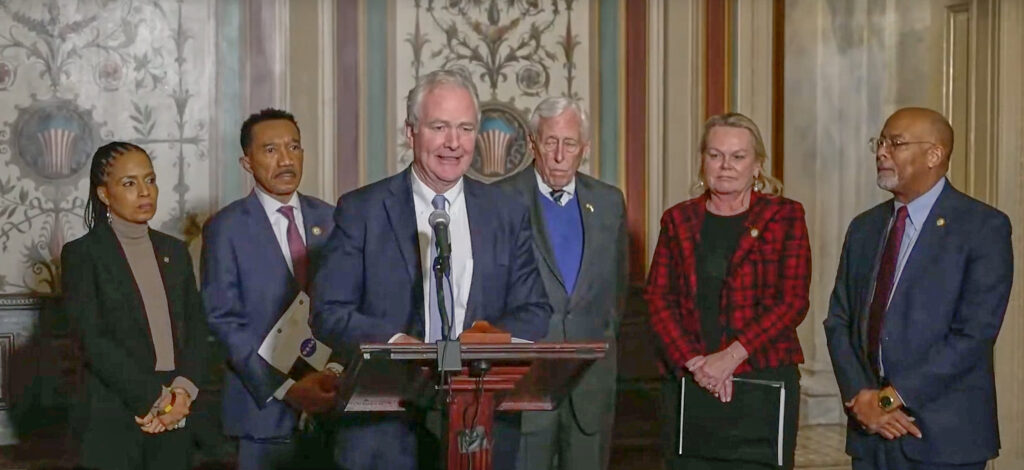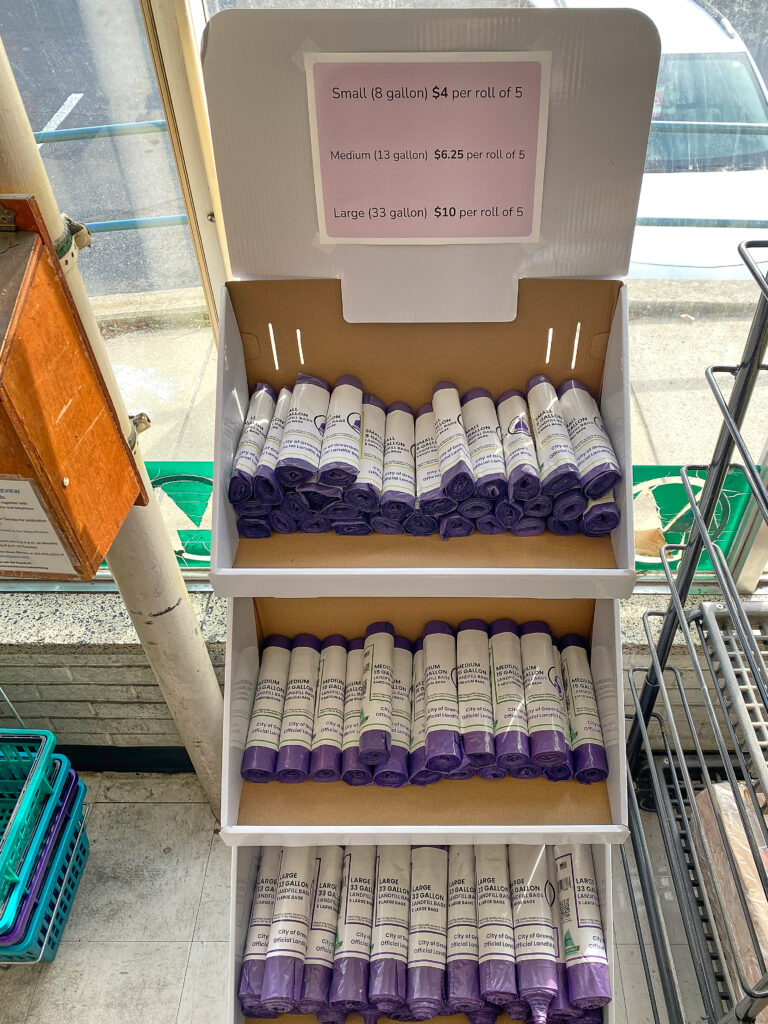“Black American History Month” is being acknowledged in Greenbelt by various groups. This year’s theme is African Americans and Labor. The month-long celebration is about the history of the nation, and many groups in Greenbelt join in to illuminate information that has often been omitted from history books. Using the title Black American History Month avoids “othering” of African Americans by conveying that Black history is American history as Black Americans are American.
Scheduled Events
Beginning on Sunday, February 2 there will be an Artful Afternoon program at the Community Center from 1 to 3 p.m. The same activity will be held at Springhill Lake Recreation Center on Sunday, February 9 at 1 p.m. The program is inspired by the work of Aaron Douglas, painter and muralist. He founded the Harlem Arts Guild during the Harlem Renaissance to advance Black American painters and sculptors.
Also on February 2, a citywide Art Exhibition will open with a reception at the New Deal Café at 1 p.m.
On Monday, February 10 at 7 p.m., the Hyattsville Library will screen the film Just Another Bombing. Greenbelt resident, Iona King, whose story is featured in the film, will be present to answer questions.
On Wednesday, February 12 from 11 a.m. to noon in the Community Center, the Golden Age Club will feature Dr. Carroll Gibbs, scholar and author, who will speak about African Americans in the West. The event is free and open to the public.
On Saturday, February 15 at 1 p.m. in the Greenbelt Library auditorium, Kamau B.A. Sadiki will share his research as a diver engaged in the Underwater Archaeological Slave Wrecks Project of the National Museum of African American Culture and History, the Izeko Museums of South Africa, George Washington University and Diving with Purpose. He will use audio and visual aids to share this information.
On Monday, February 17, the Peace and Justice Coalition will screen Finally Got the News, a documentary about the League of Revolutionary Black Workers in Detroit’s auto factories in 1969. Bill Fletcher Jr., a prominent African American labor activist, scholar and author will lead the post-film discussion.
On Thursday, February 20 at 7 p.m., the Greenbelt Museum will host a virtual Zoom program featuring members of the Norfolk Botanical Garden for a retrospective on the garden’s history involving Black American women employed by the Works Progress Administration in the 1930s and a look forward to the site’s latest project, Garden of Tomorrow.
On Friday, February 21 at 2 p.m. in the Community Center, Room 103, the community is invited to Tea with the Ladies of FREED (Female Re-enactors of Distinction).
On Saturday, February 22 at 1 p.m., the Greenbelt Cinema will show Piece by Piece, a Lego blocks biographical musical comedy about the life of Pharrell Williams. Admission is free.
On Sunday, February 23 at 3 p.m. in the Community Center, be treated by the Greenbelt Orchestra to works from the African diaspora, including music by Joseph Bologne, Chevalier de Saint-Georges; Samuel Coleridge-Taylor; Quinn Mason and Florence Price.
Learning Erased History
It is hoped the Greenbelt community will take advantage of the variety of programs, come and learn that which has been omitted or erased from most American history books. It is important that the entire history of America be known, so we can advance as one nation. We don’t have to agree, but we all should know our history.
It is important to learn all American history. For example, we learned about the Nueces massacre of German immigrants in Texas who refused to fight for the Confederacy a few months ago (see the November 7, 2024, letter to the editor and Historical Demand for Repair and Redress in the November 14, 2024, issue). That information is not in our history books and should be. There is so much more American history to learn, and we should never stop seeking it.
Did You Know?
Historical knowledge is vital to understanding. The term “woke,” for example, is constantly misused today by those who are ignorant of its context and history, which did not begin with the aftermath of the George Floyd murder. The famous blues singer Lead Belly first used “woke” in the 1930s to caution Black Americans returning to visit relatives in southern states to be careful so they would not become one of the 4,400 racial terror lynching victims of America. They had to meticulously follow Victor Green’s (a New York postal worker from Harlem) Green Book – the Negro Motorist and Tourist Guide to learn where it was safe to stop for gas and/or food. African Americans had to travel with toilet paper, because they could not use gas station bathrooms, and pack food because there were few restaurants to serve them. They left at 5 a.m. to start their trip, so that by the time they reached southern states it would be daylight. Black Americans avoided traveling into the South at night. The word woke is now being used to denigrate, rather than uplift and unite. Most of us would prefer to be alert rather than duped and maybe harmed.




